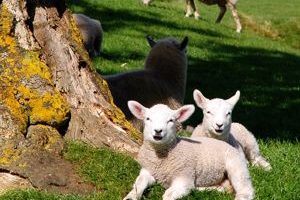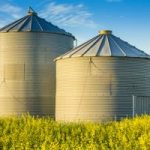
Australia's farms could benefit from capital investment to update their operations, increase or diversify their products and prepare for growth. However, family-owned and operated farms may not have the best business model for investment. According to agribusiness consultant Andrew Rice, family farms operate under a mixed-model of leasing, share farming and contracting. These complex arrangements may be a barrier to entry for some investors, leaving some farms behind.
Types of farm business models
The best business model depends, to a large extent, on the preferences of the farmers. However, opening the door to outside investors may require a change in the fundamental model of the farm. Here are the four most common farming models:
Family Farming. All the resources – land, water, livestock, crops, machinery and labour — are owned and managed by the family as either a sole trader or partnership business structure.
Leasing land. A farmer rents for the right to access the land and water they need to produce their product. Investment in the land could be achieved by working with a third party like an agricultural property investment fund.
Share farming. Two parties bring a differing level of resources and labour to the farm business in exchange for a share of the profits.
Contracting. Operators with specialised services like dairy farming, crop spraying or baling enter into an agreement with a landowner for work carried out over a period of time.
Joint ventures. These arrangements are specific to a project or period of time. The resources and capital applied to the project are owned and managed by the parties involved on an allocation basis, not an equal one.
Types of farm investment
Farmers seeking alternatives to debt-financing (bank loans) might benefit from the examples of lamb farmers in Western Australia in the 2010s. Sheep farmers sought to increase profits and reduce risks through contract, joint venture and land lease models, among others.
In 2014, Grass Patch sold their land to a U.S. pension fund and leased it back. The company used the sale proceeds to increase their stock. Similarly, contracts between sheep producers and customers or breeders and processors for future lamb yields allow businesses to invest confidently in their enterprise. Finally, equity investors in a farm business for a portion of the profits (dividends) may invest in the growth of the business in hopes of a larger dividend.
Contact our farm accounting department to learn more about what your farm needs to be ready for investment.



